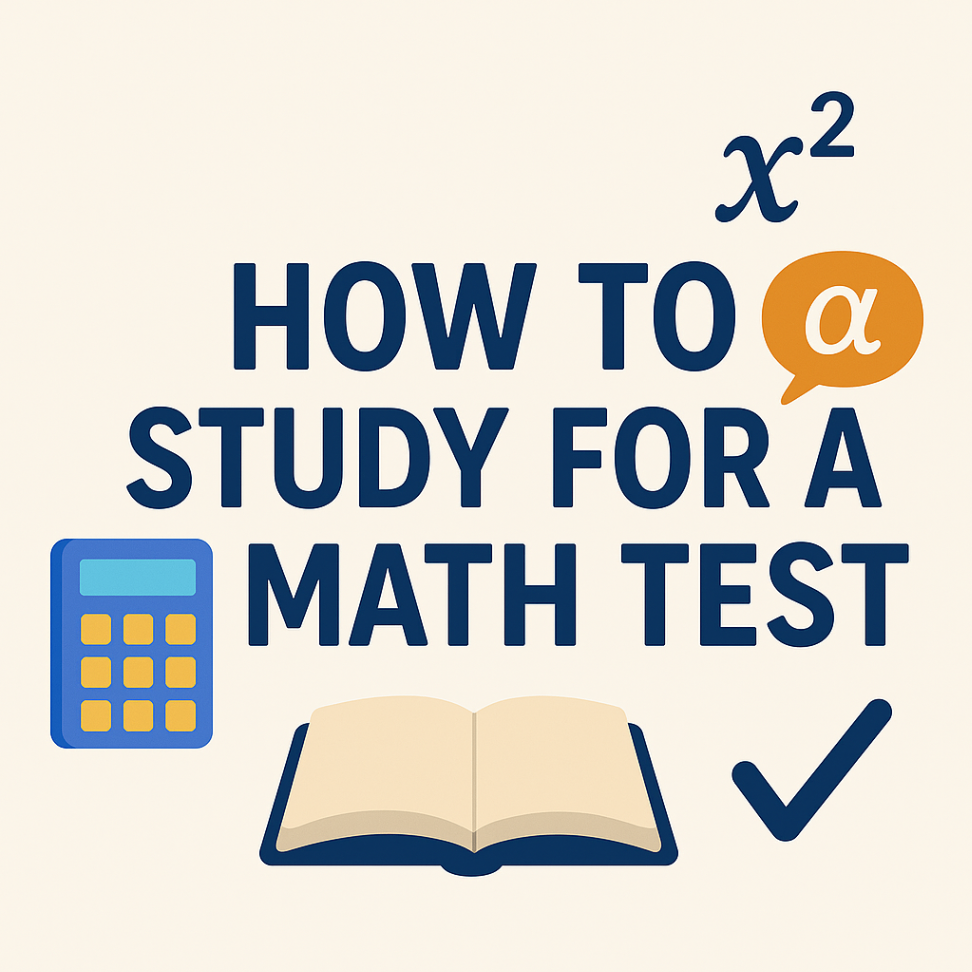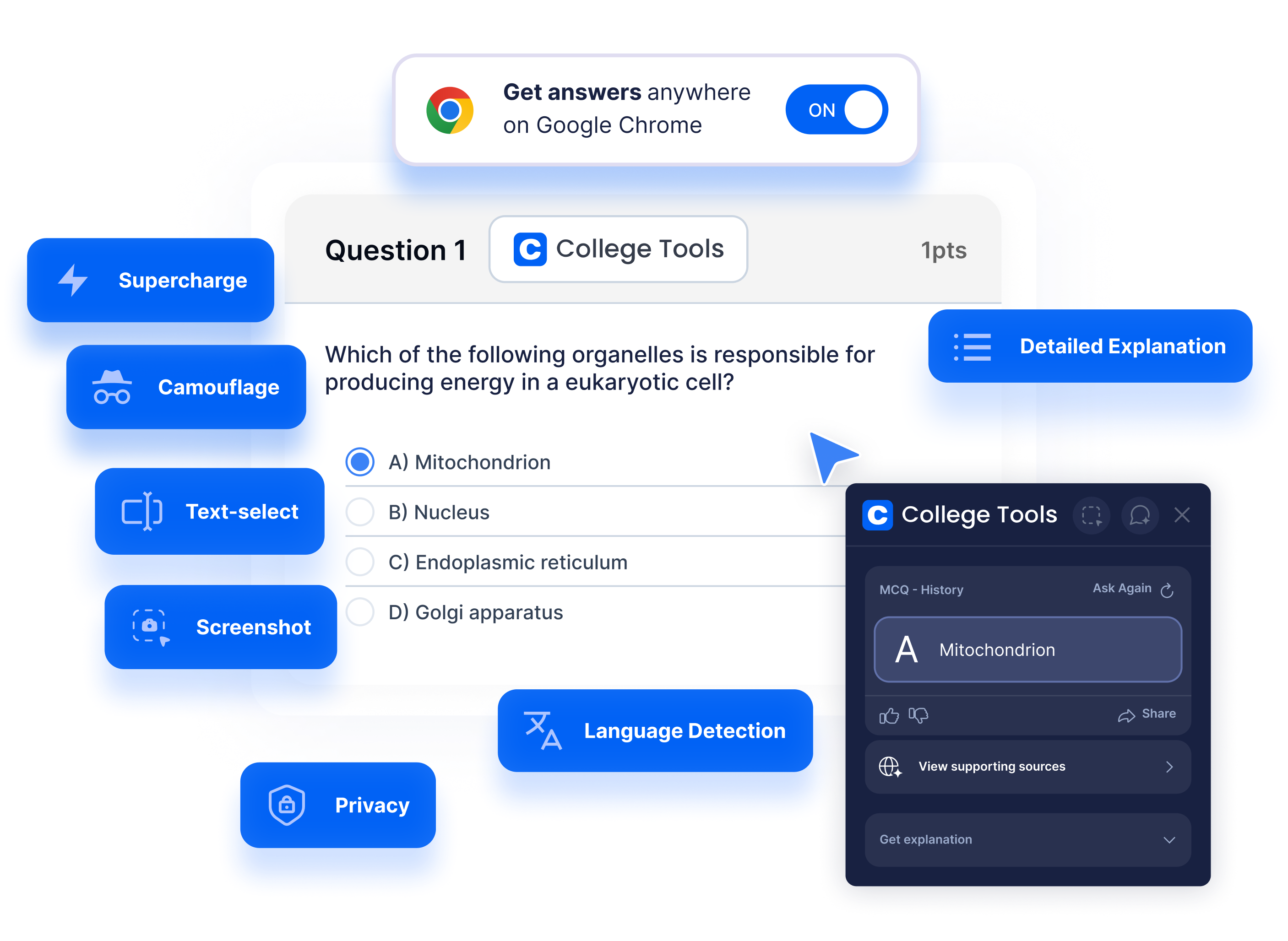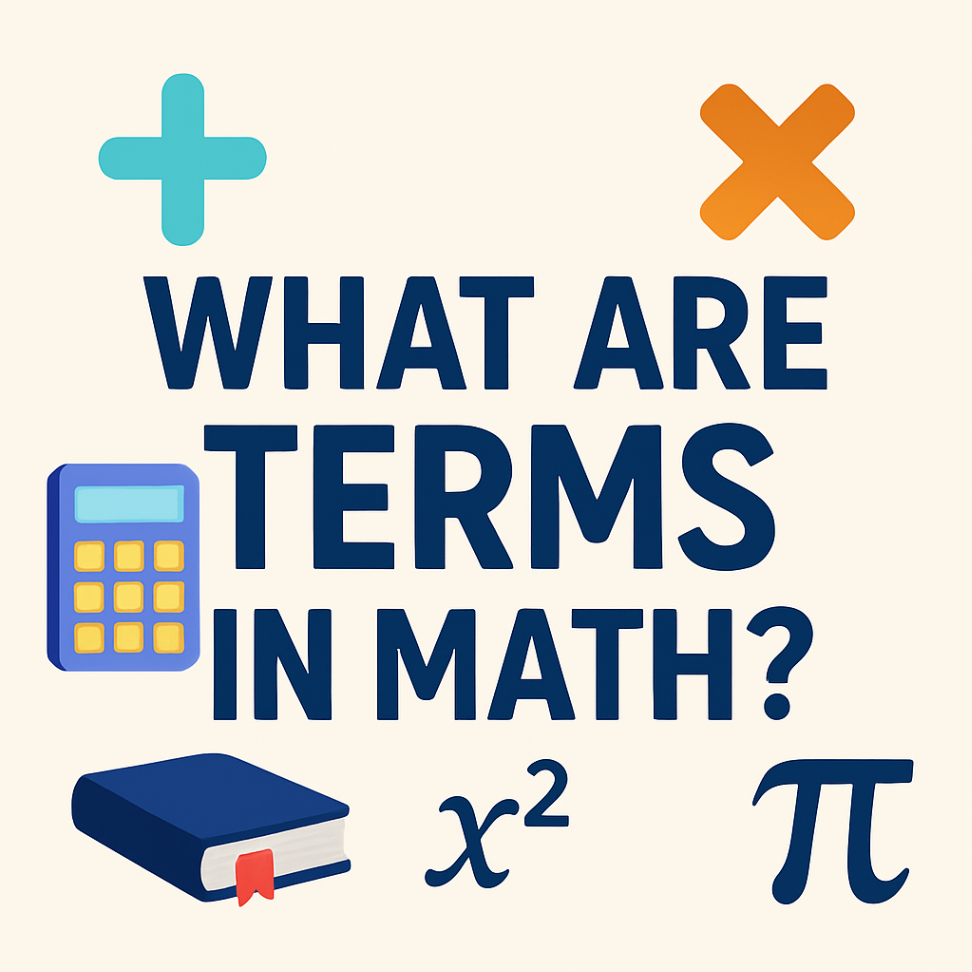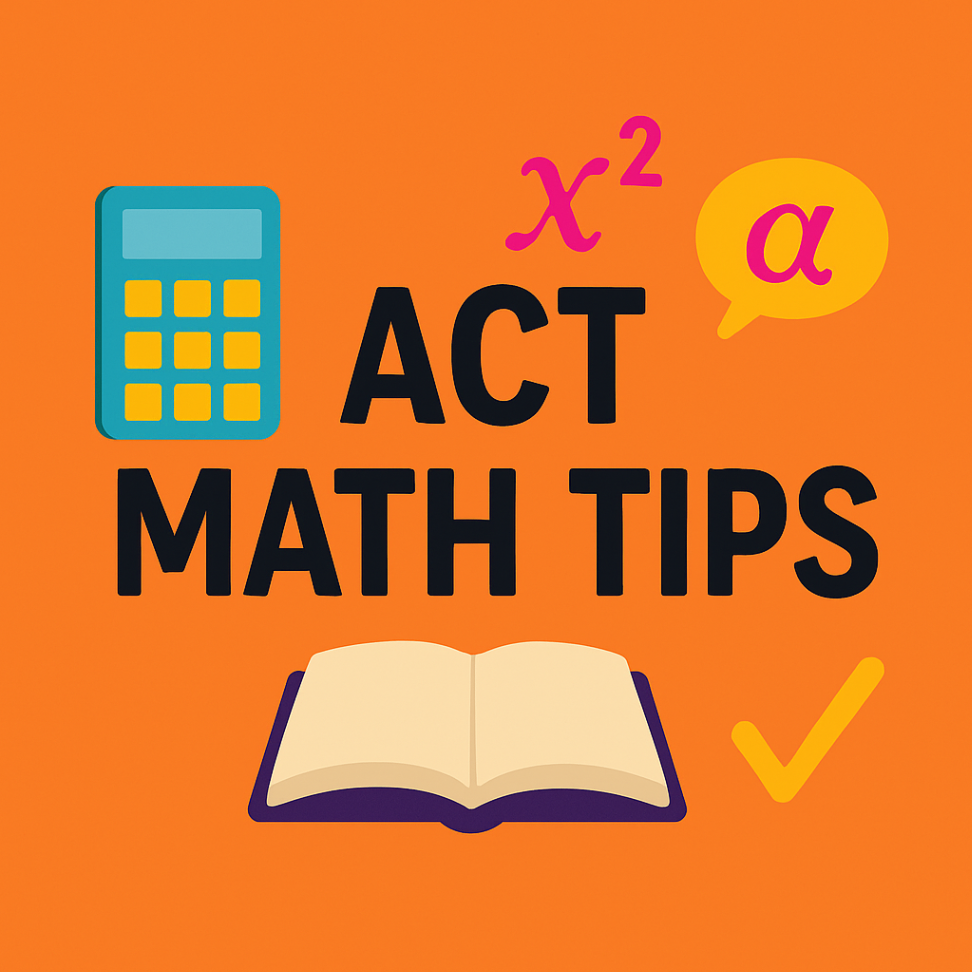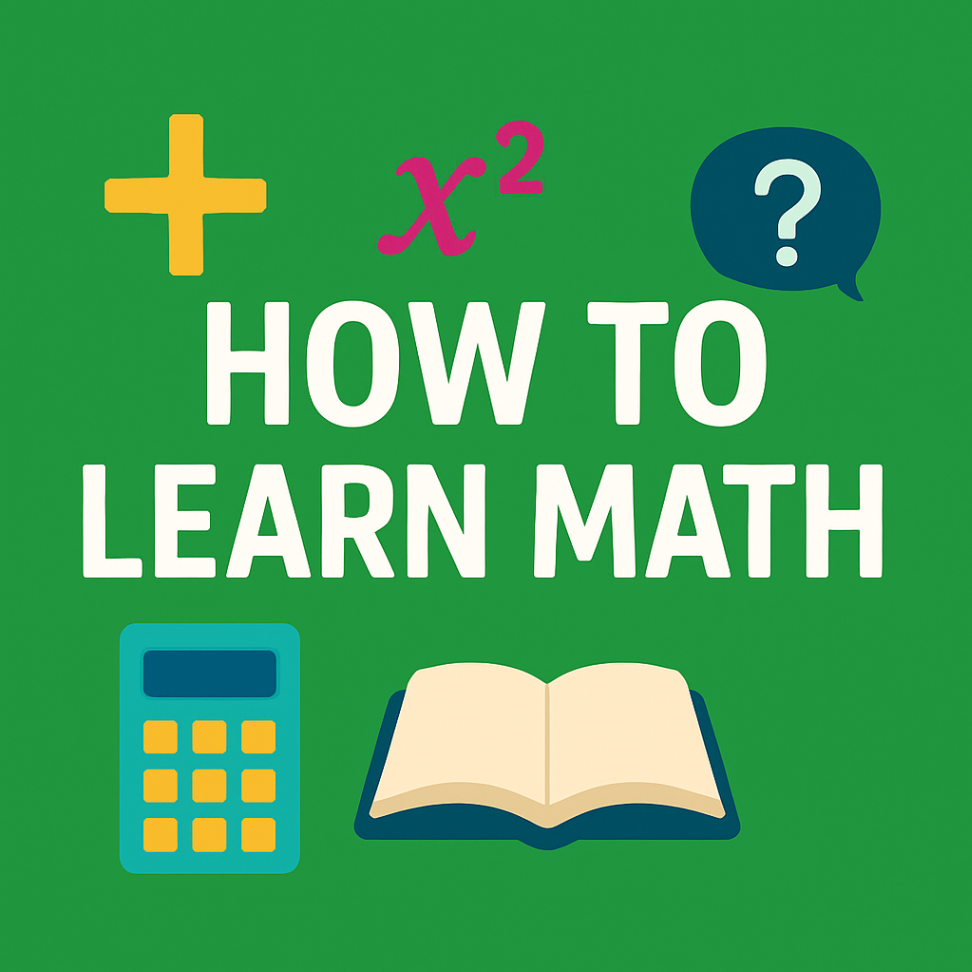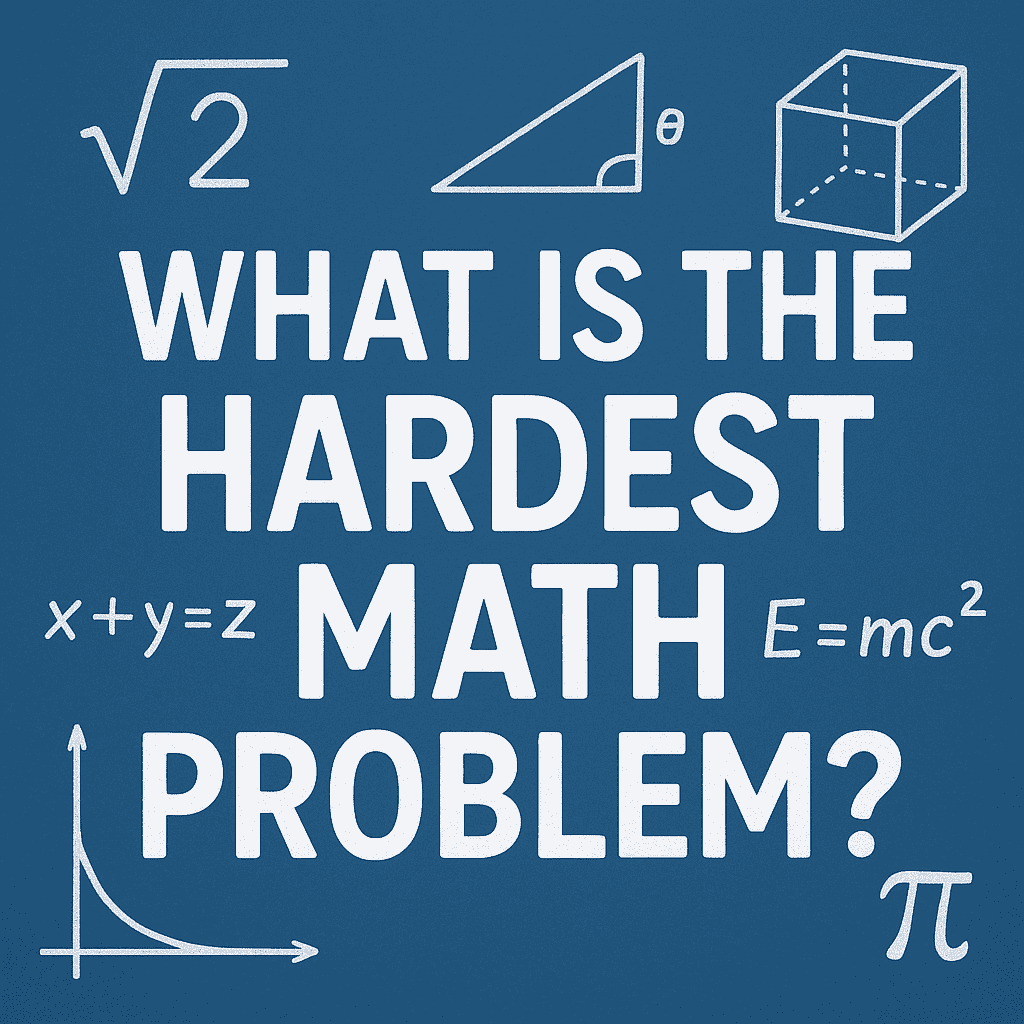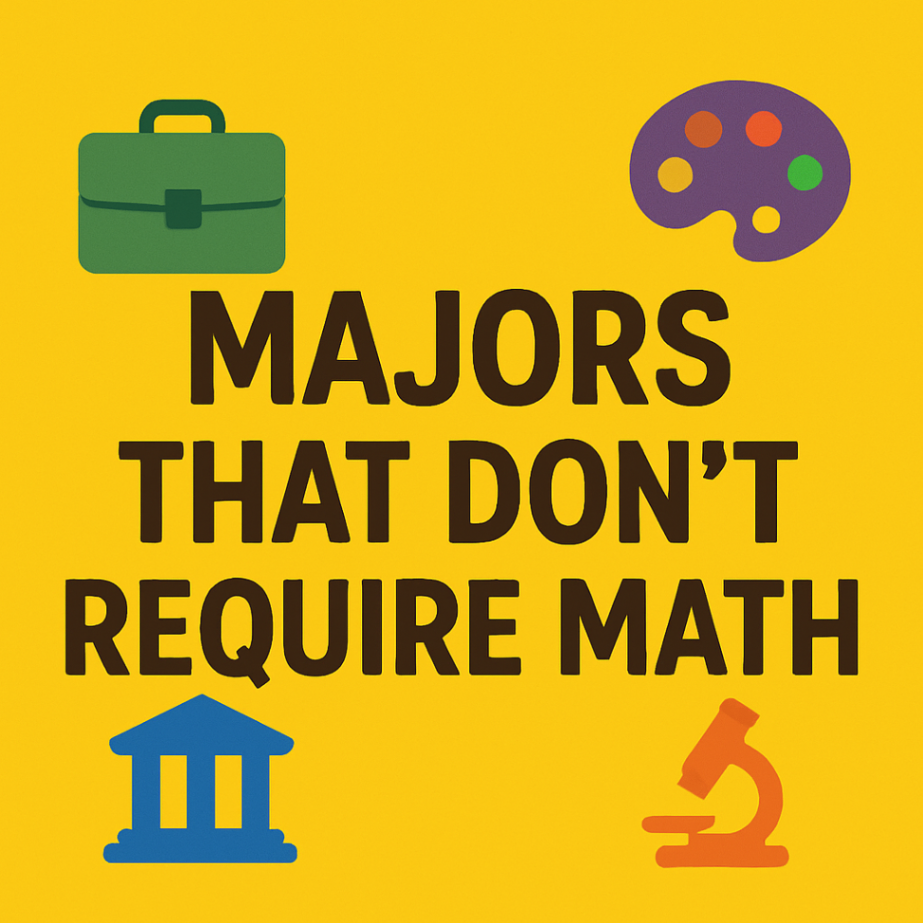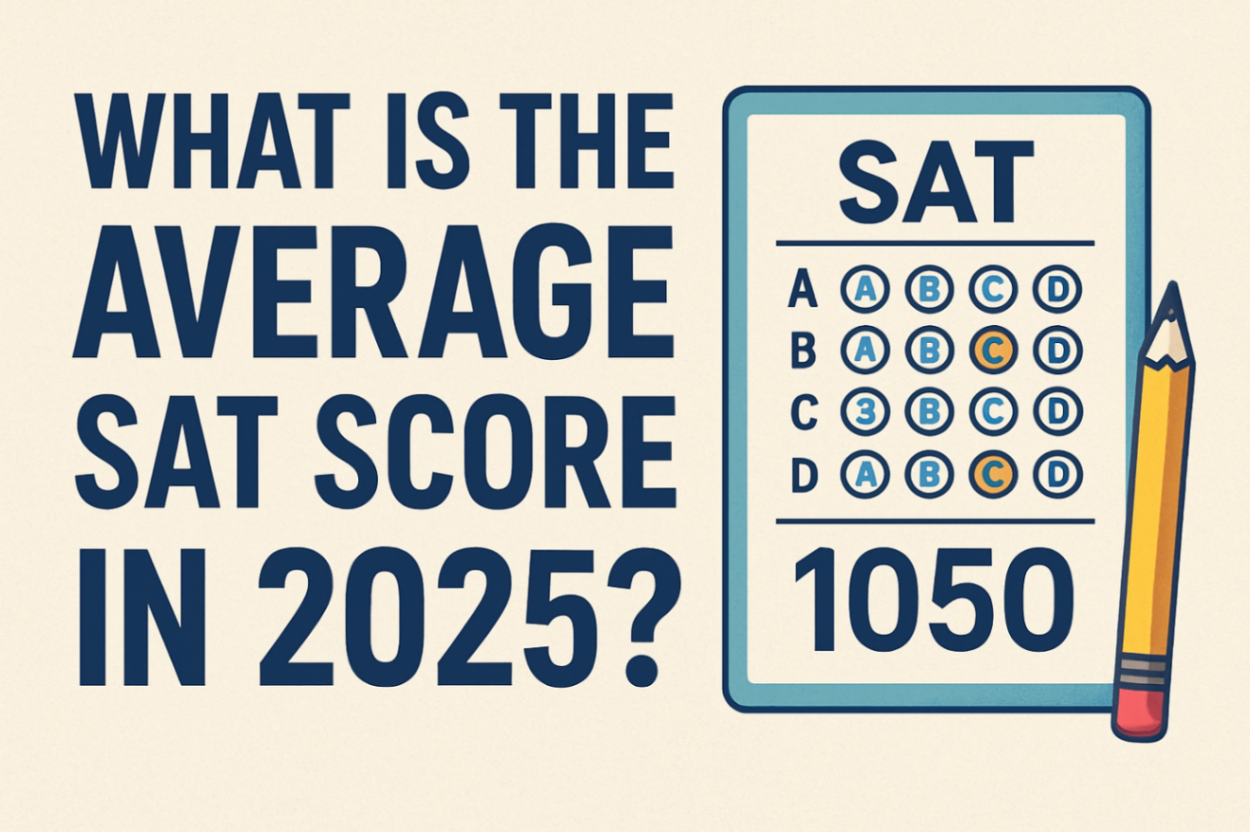Table of contents
- Understanding Math Test Preparation
- The Science Behind Effective Math Study
- How to Study for a Math Test Effectively
- How to Study for a Math Placement Test
- How to Study for a Math Test the Night Before
- Advanced Study Strategies for Math Success
- How to Properly Study for a Math Test
- Day-of-Exam Strategies
- Building Long-Term Mathematical Success
Facing an upcoming math exam can feel overwhelming, but with the right preparation strategies, you can transform anxiety into confidence. Whether you're preparing for a regular classroom exam, a college placement test, or finding yourself in a last-minute study situation, this comprehensive guide will provide you with proven techniques that actually work.
Mathematics requires a different approach than other subjects. You can't simply read and memorize your way to success. Instead, effective math test preparation involves active practice, strategic review, and understanding the underlying concepts that make problem-solving possible.
Understanding Math Test Preparation
Successful math test preparation starts with recognizing that mathematical knowledge builds upon itself. Unlike history or literature, where you can often compartmentalize information, math concepts are interconnected. This means your study approach must focus on understanding relationships between different topics and practicing the application of these concepts.
The most effective study strategies combine conceptual understanding with procedural fluency. When you encounter challenging problems during your preparation, tools like an advanced AI Math Problem Solver can help you understand step-by-step solutions and identify patterns in problem-solving approaches, making your study time more efficient and productive.
The Science Behind Effective Math Study
Research shows that distributed practice (studying a little each day) is far more effective than massed practice (cramming). Your brain needs time to form mathematical connections and transfer information from short-term to long-term memory. This is why proper math test preparation emphasizes consistent daily practice over intensive last-minute sessions.
How to Study for a Math Test Effectively
Effective preparation requires a multi-phase approach that addresses different aspects of mathematical learning.
Phase 1: Foundation Review and Concept Mapping
Begin by reviewing your class notes and identifying the key concepts that will be covered on the exam. Create a concept map that shows how different topics relate to each other. This visual representation helps you understand the big picture and identify areas where your knowledge might have gaps.
Focus on understanding the "why" behind mathematical procedures, not just the "how." When you understand why a particular method works, you're better equipped to apply it to unfamiliar problems and adapt when standard approaches don't immediately work.
Understanding basic mathematical terminology is crucial for test success. Make sure you're comfortable with fundamental concepts like what are terms in math, as these building blocks form the foundation for more complex algebraic expressions you'll encounter on exams.
Phase 2: Active Problem Solving
The heart of math test preparation lies in active problem-solving practice. Simply reading through examples or solutions isn't enough – you must work through problems yourself. Start with homework problems you found challenging, then move to additional practice problems from your textbook or online resources.
When practicing, cover up the solutions and attempt problems from scratch. This simulates exam conditions and helps you identify areas where you need additional review. If you get stuck, work through the problem step-by-step, understanding each mathematical operation and decision point.
Phase 3: Pattern Recognition and Problem Categorization
Successful math students learn to recognize problem types and apply appropriate solution strategies. As you practice, create categories of problems and identify the key characteristics that signal which approach to use. This skill is particularly important during exams when you don't have section headings to guide your problem-solving approach.
How to Study for a Math Placement Test
Placement test preparation requires a broader review approach since these exams typically cover multiple years of mathematical content. Unlike classroom tests that focus on recent material, placement tests assess your overall mathematical foundation.
Comprehensive Content Review
College placement test preparation involves reviewing fundamental concepts from algebra, geometry, and pre-calculus. Start by taking a practice placement test to identify your strengths and weaknesses. Focus your study time on areas where you scored lowest, but don't neglect your stronger areas completely.
Create a study schedule that allows you to review each major topic area multiple times. Placement tests often include concepts you haven't used recently, so refreshing your memory on basic operations, factoring techniques, and fundamental formulas is essential.
Building Mathematical Fluency
Placement tests are often timed, making computational fluency important. Practice basic mathematical operations until they become automatic. This frees up mental energy for more complex problem-solving during the actual exam.
Work on improving your speed with fraction operations, algebraic manipulations, and geometric calculations. The more automatically you can perform these basic operations, the more time you'll have for complex reasoning during the test.
How to Study for a Math Test the Night Before
While it's never ideal, sometimes you find yourself in a last-minute study situation. When time is severely limited, strategic focusing becomes crucial.
Triage Your Study Materials
Emergency preparation requires brutal prioritization. Identify the topics most likely to appear on the exam and focus exclusively on those areas. Review your homework and identify the problem types that appeared most frequently – these are likely to be emphasized on the test.
Don't try to learn completely new concepts the night before an exam. Instead, focus on reinforcing concepts you already understand and practicing problem types you've seen before. This approach maximizes your chances of success given the time constraints.
How to Study for a Math Test in One Night: Active Review Techniques
When facing overnight preparation, use active recall techniques. Create quick reference cards with key formulas and procedures, then test yourself repeatedly. Work through representative problems for each major topic area, focusing on understanding the solution process rather than memorizing specific answers.
Avoid the temptation to passively read through notes or textbook chapters. With limited time, you need active engagement with mathematical problems to reinforce your understanding and build confidence.
Managing Test Anxiety and Fatigue
Last-minute studying can increase anxiety and mental fatigue. Take regular breaks, stay hydrated, and get at least some sleep before your exam. A well-rested brain that knows 80% of the material will likely outperform an exhausted brain that crammed 100% of the content.
Advanced Study Strategies for Math Success
Creating Effective Study Materials
Develop your own formula sheets and procedure guides. The act of creating these materials reinforces your understanding, and having them available for review makes your study sessions more efficient. Include not just formulas, but also notes about when and how to apply them.
Create mistake logs where you record errors you've made and the correct approaches. Reviewing these logs before exams helps you avoid repeating common mistakes and reinforces correct problem-solving procedures.
Using Technology Strategically
Modern technology can enhance your math studying when used appropriately. Graphing calculators can help you visualize functions and verify algebraic manipulations. Online practice platforms provide unlimited problem sets with immediate feedback.
However, don't become overly dependent on technology for basic computations. Exams may restrict calculator use, so maintain your ability to perform fundamental operations by hand.
Group Study Techniques
Studying with classmates can be particularly effective for mathematics. Explaining mathematical concepts to others reinforces your own understanding, while hearing different approaches to problems can expand your problem-solving toolkit.
Form study groups where members take turns presenting solutions to challenging problems. This practice builds confidence in mathematical communication and exposes you to alternative solution methods.
How to Properly Study for a Math Test
Algebra and Pre-Calculus
Focus on pattern recognition and algebraic manipulation skills. Practice factoring, solving equations, and working with functions. Understand the relationships between algebraic and graphical representations of mathematical relationships. When working through complex algebraic problems, an algebra AI solver can help verify your solutions and provide alternative solving methods, allowing you to see multiple approaches to the same problem and strengthen your understanding of algebraic concepts.
Geometry
Emphasize theorem application and proof techniques. Practice identifying relevant theorems for different geometric situations. Develop strong spatial visualization skills through regular practice with geometric diagrams.
Calculus
Balance conceptual understanding with computational skills. Practice applying calculus concepts to real-world problems. Understand the connections between limits, derivatives, and integrals rather than treating them as isolated topics.
For students who need additional support building foundational skills, exploring comprehensive approaches to how to learn math can provide the background knowledge necessary for advanced topics.
Day-of-Exam Strategies
Pre-Exam Preparation
Arrive at your exam well-rested and with all necessary materials. Do a brief warm-up by working through a few familiar problems to get your mathematical thinking activated. Review your formula sheet one final time, but avoid trying to learn new material immediately before the exam.
During the Exam
Read through the entire exam before starting to get a sense of the scope and difficulty. Start with problems you find most straightforward to build confidence and secure those points early. Leave difficult problems for later, but make sure to return to them before time expires.
Show all your work clearly, even for problems you find easy. Partial credit can be significant in mathematics, and clear work helps you avoid computational errors. If you get stuck on a problem, move on and return to it later with fresh perspective.
Post-Exam Learning
After your exam, review your performance to identify areas for improvement. What types of problems gave you the most difficulty? Which computational errors did you make? Use this information to refine your study strategies for future exams.
Building Long-Term Mathematical Success
Developing Mathematical Confidence
Mathematical confidence comes from repeated successful problem-solving experiences. Celebrate small victories and view mistakes as learning opportunities rather than failures. The more problems you solve correctly, the more confident you'll become in your mathematical abilities.
Creating Sustainable Study Habits
Effective mathematics studying is a skill that improves with practice. Develop consistent study routines that work with your schedule and learning style. Regular practice, even in small amounts, is more effective than sporadic intensive study sessions.
Connecting Mathematics to Personal Interests
Look for ways to connect mathematical concepts to your personal interests and career goals. When mathematics feels relevant and useful, studying becomes more engaging and memorable. Whether it's statistics for sports, geometry for art, or calculus for engineering, personal connections make mathematical learning more meaningful.
Students preparing for standardized tests will find that strong foundational math skills are essential for success on assessments like the ACT Math section, where strategic thinking and problem-solving efficiency are crucial.
For students who struggle with mathematical anxiety and wonder about their future academic options, it's worth exploring majors that don't require math to understand all available paths while still developing essential problem-solving skills.
Conclusion
Learning effective math test preparation requires understanding that mathematics is fundamentally different from other academic subjects. Success comes from active practice, conceptual understanding, and strategic preparation rather than passive reading and memorization.
Whether you're preparing well in advance or facing a last-minute study situation, the key principles remain the same: focus on understanding rather than memorization, practice actively rather than passively reviewing, and build confidence through successful problem-solving experiences.
Remember that proper test preparation is a skill that develops over time. Each exam is an opportunity to refine your study strategies and build stronger mathematical foundations. The techniques you develop for test preparation will serve you well throughout your mathematical education and in any career that requires analytical thinking.
The journey of mathematical learning extends far beyond individual exams. By developing effective study strategies, you're building skills that will benefit you in advanced mathematics courses, standardized tests, and professional situations that require quantitative reasoning. Every test is a stepping stone toward greater mathematical competence and confidence.
Frequently Asked Questions
How long should I study for a math test?
The ideal study time depends on the test scope and your current understanding level. For regular chapter tests, start studying 3-4 days before the exam with 1-2 hours daily. For comprehensive exams covering multiple chapters, begin studying 1-2 weeks in advance. For math placement tests, allow 2-4 weeks of preparation. Quality of study time matters more than quantity – focused, active practice for 90 minutes is more effective than 3 hours of passive review.
What should I do if I'm really struggling with the material?
If you're struggling significantly, start by identifying specific concepts that are causing difficulty. Seek help from your instructor during office hours, form study groups with classmates, or consider working with a tutor. Break complex problems into smaller steps and focus on understanding one concept at a time rather than trying to master everything simultaneously. Don't hesitate to review prerequisite material if your foundational knowledge has gaps.
Is it really possible to study effectively for a math test in one night?
While it's not ideal, you can maximize your chances of success with strategic last-minute studying. Focus only on topics most likely to appear on the exam, review homework problems you've already solved, and practice problem types rather than trying to learn new concepts. Prioritize getting some sleep over studying all night – your brain needs rest to function effectively during the exam. Use this as motivation to start studying earlier for future tests.
Should I memorize formulas or focus on understanding concepts?
The most effective approach combines both formula knowledge and conceptual understanding. You should know key formulas well enough to recall them quickly, but more importantly, understand when and how to apply them. Focus on understanding the reasoning behind mathematical procedures rather than just memorizing steps. This deeper understanding helps you adapt to unfamiliar problem variations and reduces the chance of applying formulas incorrectly. Create formula sheets that include both the formulas and notes about their applications.

